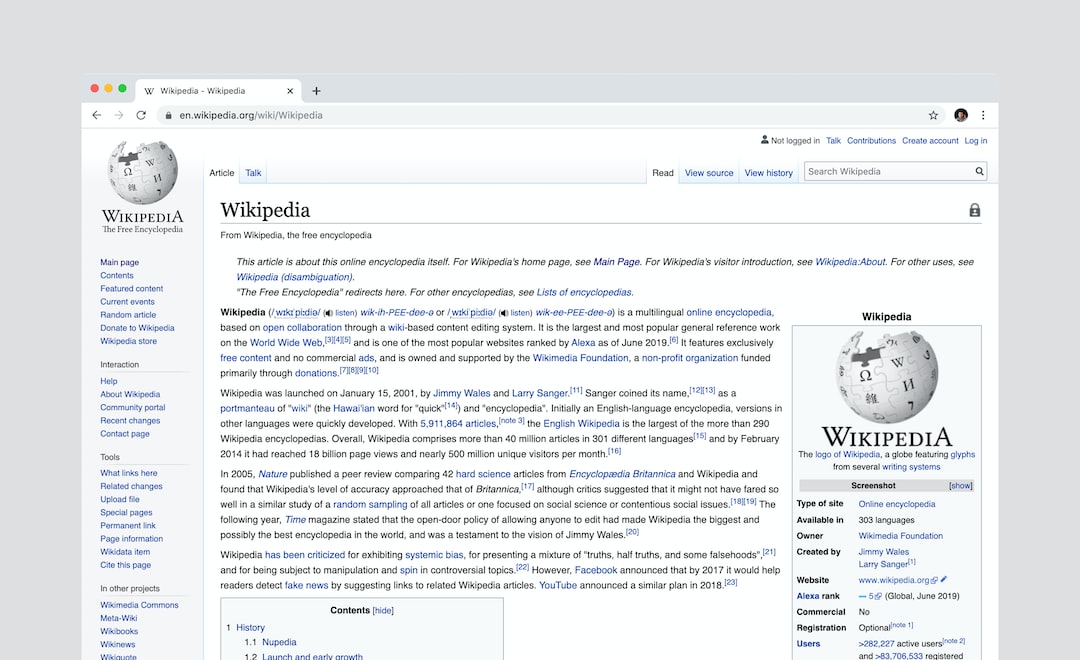10 scientifically-proven memorization techniques to help you remember anything
10 scientifically-proven memorization techniques to help you remember anything
1. Introduction
Are you looking for ways to improve your memory? Do you want to be able to remember more of what you read? If so, then you’re in luck! There are a number of scientifically-proven memorization techniques that can help you remember more of what you read – and even help you remember things for a lifetime.
In this article, we will share 10 of the best memorization techniques that have been proven to work. We will also share a few tips on how to use these techniques to improve your memory. So, if you’re ready to learn more about how to improve your memory, then read on!
https://unsplash.com/@strong18philip
2. link words to images
Link words to images is a memorization technique that uses mental images to help people remember information.
In this technique, you create a mental image of an object or situation you are trying to remember, such as a car, a book, or a person. Then, you create a word or phrase to describe the image that is easy for you to remember. When you need to recall the information, you simply think of the word or phrase and the image associated with it.
This technique has been shown to be effective in recall tests, and it can help you remember new information more easily. Furthermore, the process of creating the mental image and the link words can also help you to better understand and remember the information that you are trying to learn.
https://unsplash.com/ja/@freegraphictoday
3. Repeat information out loud
The power of repetition as a learning technique is well known. Learning difficult concepts is much easier when you repeat them over and over. This is why repeating information out loud is such a useful memorization tool.
The idea behind repeating information out loud is that by hearing what you are learning, and repeating it several times, the information is more likely to stay in your long-term memory. This technique works even better when you can create a song out of the information or use rhyming words to make it easier to remember.
This technique is particularly useful for memorizing lists of items, multiplication tables and other numerical data, and factual information such as the names and dates of important historical events.
Also, if you can find someone else to practice the information with, do so. This will help you both learn the material faster, as well as help to further reinforce the information in both your minds.
https://unsplash.com/@lukechesser
4. Write it down by hand
Writing down the information you’re trying to memorize is a time-honored technique for helping consolidate the information in your memory. Through this process, you are actively engaging with the material you are trying to remember, and forcing your brain to pay extra attention.
Writing down the information you are trying to remember also helps to better memorize it. This is because, although understanding a concept intellectually is also important, actively writing it down gives you an opportunity to practice the information and repeat it several times.
Likewise, writing down the information or facts you need to remember helps you to focus on its structure and organization. You can connect the information together better and in a more cohesive way if you learn it by hand.
When writing information down by hand, use different colours and diagrams to help illustrate the points within the larger framework. This type of visuals helps you to organize the information in your brain and therefore create mental structures that help you to remember.
https://unsplash.com/@yapics
5. Create a mnemonic device
Mnemonics are memory devices that use associations to help you recall facts. Through this strategy of memory enhancement, you are able to remember large amounts of information in a short amount of time.
Creating a mnemonic device to help you recall information can be done in a few different ways. You can use the initials of the items you want to remember, create an acronym, or come up with a short phrase or jingle.
For example, a popular way to help remember the colours of a rainbow is the mnemonic device " Roy G. Biv". This stands for Red, Orange, Yellow, Green, Blue, Indigo, and Violet.
Another example is to use the initials of the different planets in the Solar System. Memorizing the planets in the correct order from the Sun can be done with the mnemonic "My Very Educated Mother Just Served Us Nine Pies." This stands for Mercury, Venus, Earth, Mars, Jupiter, Saturn, Uranus, Neptune, and Pluto.
Mnemonics devices can be used in creative and fun ways to help you recall both large and small chunks of information.
https://unsplash.com/@pmpietsch
6. Associate the information with a place
One of the most effective strategies for memorizing new information is to associate it with a place. This strategy is based on mental mapping, which is the process of using images, symbols, and other associations to link facts and ideas.
For example, if you have to memorize the days of the week, it can help to create a mental map of a week, with each day in a specific location. For instance, Monday can be linked to a river, Tuesday to a path, Wednesday to a lake, and so on.
If you need to recall facts like the elements in the periodic table, it can help to visualize each element in a physical space. For instance, you can imagine the table in your living room and mentally place each element in its own corner.
Some of the benefits of memorizing information through physical spaces include the ability to quickly access and recall the information, and to create memorable, meaningful connections that can be stored in long-term memory. With enough practice and mental effort, associating the facts with physical spaces can help you commit the information to memory in a short amount of time.
https://unsplash.com/@coleenr
7. Teach someone else
One of the most powerful methods of memorizing complex information is to teach it to someone else. Studies show that people are more likely to learn something if they are required to explain it to someone else, as the process of organizing and explaining the material further reinforces the information in the brain.
Teaching someone else can also help you recognize gaps in your knowledge by forcing you to focus on the areas that you may have missed. And if you make a mistake while teaching, you can have the other person correct you, furthering your understanding and retention of the material.
Finally, teaching someone else reinforces the concepts in your own head. To demonstrate this, think of a recent skill or concept you recently taught someone else. Chances are, you can now easily recall the information. This is because the process of teaching helps to cement the concepts in your own brain.
Teaching someone else is a great way to commit information to your own memory, so next time you want to memorize something, find someone with whom to share your knowledge.
https://unsplash.com/@lesanches
8. Change up your environment
If you’re trying to memorize something, it’s important to switch up your environment. Studies have found that changing up the scenery can lead to better retention of information. This helps because it forces your brain to pay more attention to the material, making associations between different objects in the environment and certain details of the material you are trying to remember.
Having a study partner is also helpful as they can keep you motivated and focused on the material at hand. If you struggle to stay focused, try studying with someone else or in a noisy café or even outside. An interesting space helps maintain your attention and can lead to faster, more effective learning.
Ultimately, changing up your environment can help you memorize information more easily, and it’s a technique that shouldn’t be overlooked. So the next time you’re trying to commit something to memory, try changing up the scenery!
https://unsplash.com/@iamromankraft
9. Use memory aids
Memory aids are useful tools to help you memorize information faster and easier. They serve as prompts to jog your memory and help you remember facts, details and figures.
One common memory aid is the mnemonic device. This involves using a trigger phrase or song to remember a list of items in the correct order. For example, the acronym “ABC” can be used to remember a list of items in alphabetical order. Another common mnemonic device is the acronym, which stands for the first letter of each word in a phrase.
The image-based memory aid is another simple trick to memorize information. Here, you use visual representation of an object to remember it. For example, if you are trying to remember the list of items in sequence, you can create an image of the that list in your mind. This way the image will be etched in your memory and will be easy to recall.
Storytelling is also a powerful memory aid. When you create a story to remember a set of facts, it helps you remember them much better. Stories are usually connected to our emotions, and this can make them easier to recall.
Memory aids can be useful to help you memorize information faster and easier. Try using some of these tools to aid your memory, and see if it helps you remember information better!
https://unsplash.com/@martenbjork
10. Get some sleep
Sleep is one of the most important factors in improving your memory and cognitive performance. Getting enough quality sleep helps to recharge your brain and improve your functionality. Since our brains are constantly in motion, getting enough rest is essential in order to perform our everyday tasks to the best of our abilities.
Studies have consistently shown that sleep helps in consolidating memories from short- to long-term storage. This consolidating process is essential for retaining and recalling information. A study on mice found that during the REM sleep phase, neurons were more active in areas associated with memory formation and consolidation.
Getting the right amount of sleep is also linked with improved decision-making and problem-solving skills. Without enough rest, our brains struggle to perform these activities as well – as cognitive functioning is impaired.
When trying out any of the memorization techniques, take the time to get some quality sleep. Not only will this help to embed the information in your long-term memory, it will also help to boost your cognitive functioning and sense of wellbeing.
For any question, please contact us in OpenTimeClock.com. https://www.opentimeclock.com.
Created with the Personal Edition of HelpNDoc: From Word to ePub or Kindle eBook: A Comprehensive Guide








